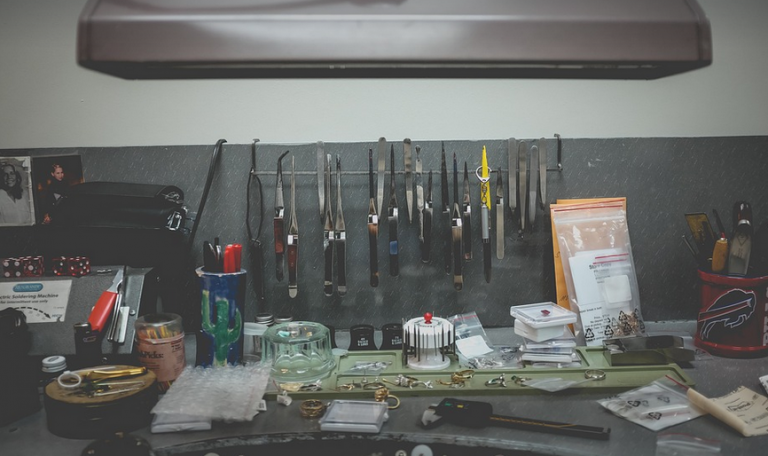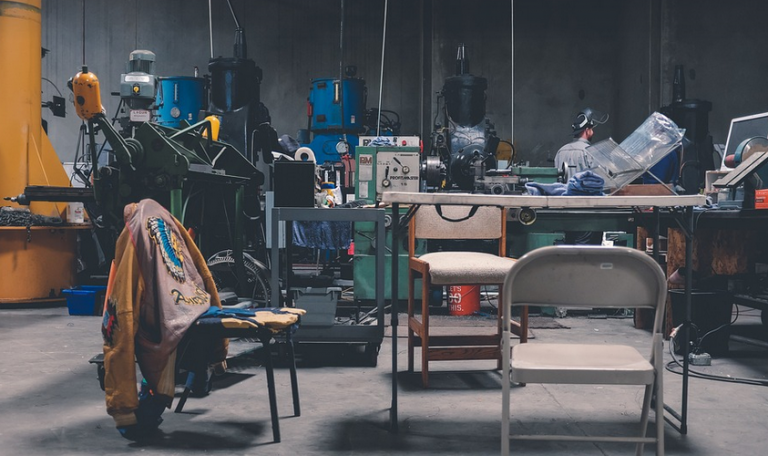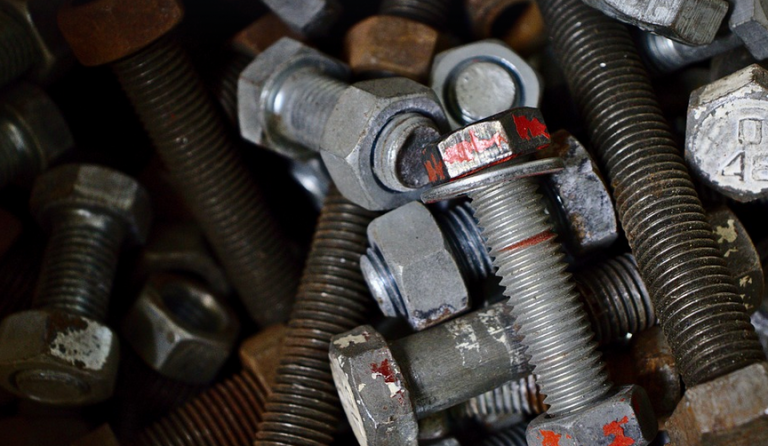
Getting Your Cooling Going Right This Summer
As the temperatures soar in 2024, you’re likely turning to your trusty Cooper Hunter mini split for relief from the summer heat. But what happens when that cozy comfort starts to feel less so? You might find yourself troubleshooting a pesky issue with your unit, leaving you feeling like you need a little magic wand to get things back in order.
Fear not! This comprehensive guide will walk you through common Cooper Hunter mini split problems and provide clear solutions. It’s like having a personal technician right in your pocket, ready to help you conquer any cooling conundrum that arises. Whether you’re facing frozen coils, lack of airflow, or weird noises coming from your unit, we’ve got the answers.
Understanding Your Mini Split
Before diving into troubleshooting, let’s take a quick trip through the inner workings of your Cooper Hunter mini split. It’s a marvel of modern engineering that seamlessly blends indoor and outdoor units to efficiently cool your space.
The indoor unit, often disguised as beautiful wall-mounted panels, houses the evaporator coil, where refrigerant absorbs heat from the air. The compressor sits in the outdoor unit, responsible for pressurizing the refrigerant for efficient cooling. This intricate system relies on precise calibration and balanced airflow to deliver optimal comfort.
Don’t forget that your mini split needs proper maintenance for optimal performance. Think of it like getting a regular tune-up for your car – clean filters, adjust settings if needed, and have the unit inspected by professionals periodically. This will help prevent minor troubles from becoming major headaches down the line.
The Mysteries of Frozen Coils
Imagine stepping into your house to find it’s warmer than usual, even with the AC on full blast. This is a classic sign of frozen evaporator coils – those tiny metal fins that work tirelessly to absorb heat from the air.
Frozen coils can be caused by several factors: blocked condenser airflow, low refrigerant levels, faulty defrost settings, or even simply insufficient ventilation. Understanding these culprits and their impact on your mini split’s performance is crucial for effective troubleshooting.
Unmasking Common Airflow Issues
Airflow issues are often a common culprit behind your mini split’s malfunction. These invisible forces dictate how the cool air travels through your space, and if blocked or restricted, it can throw entire systems off balance.
You might notice that the AC unit struggles to maintain a consistent temperature in certain rooms. For instance, you could be facing hot spots due to obstructed vents and registers, resulting in uneven cooling. The air coming out of your vents may also feel weak or sluggish compared to normal operating conditions.
The answer lies in understanding the airflow pattern and identifying any potential obstacles that might be obstructing it. Before you start troubleshooting, check for obstructions like furniture blocking vents or dust buildup on the unit’s exterior.
Noise Pollution: When Your Mini Split Gets Spoky
There’s nothing quite like the relaxing hum of a working mini split as it cools your space down, but what happens when that peaceful background noise turns into a worrisome roar?
Different noises, such as loud clicking, buzzing, or grinding sounds, can be an unwelcome companion in the pursuit of cooling comfort. These sound issues often signal trouble with internal components like capacitors, motor bearings, or even compressor problems.
Don’t panic! While it’s best to consult a qualified technician for diagnosing complex noise problems, understanding the potential causes and general troubleshooting methods can provide you with some valuable insights into your mini split’s health.
Beyond the Basics: Advanced Troubleshooting
As we delve deeper into the world of Cooper Hunter mini splits, let’s explore a few advanced troubleshooting tips that might require more in-depth knowledge. If you’ve gone through the usual suspects and still find yourself facing an issue that seems too stubborn to handle on your own, it’s time to reach out for professional help.
A qualified technician can diagnose the problem effectively, ensuring a safe and efficient resolution. Some advanced troubleshooting methods might involve checking system logs, checking refrigerant levels, or even adjusting the unit’s settings for optimum performance.
The Importance of Professional Help
While DIY troubleshooting can be helpful in many instances, there are times when professional intervention is simply necessary. When it comes to complex issues such as refrigerant leaks, electrical malfunctions, or faulty wiring, a qualified technician will possess the expertise and experience to handle these situations safely and effectively.
Remember, your Cooper Hunter mini split is a powerful cooling machine that deserves meticulous care and attention. By understanding its inner workings, being proactive in maintenance, and seeking expert help when needed, you can ensure years of reliable and effective cooling comfort for your home or business.
A Note on Safety:
Remember, working with electrical components and refrigerants requires caution! Always prioritize safety by following manufacturer guidelines and using proper safety gear. If you’re unsure whether or not to tackle a problem on your own, err on the side of caution and consult a professional technician.






